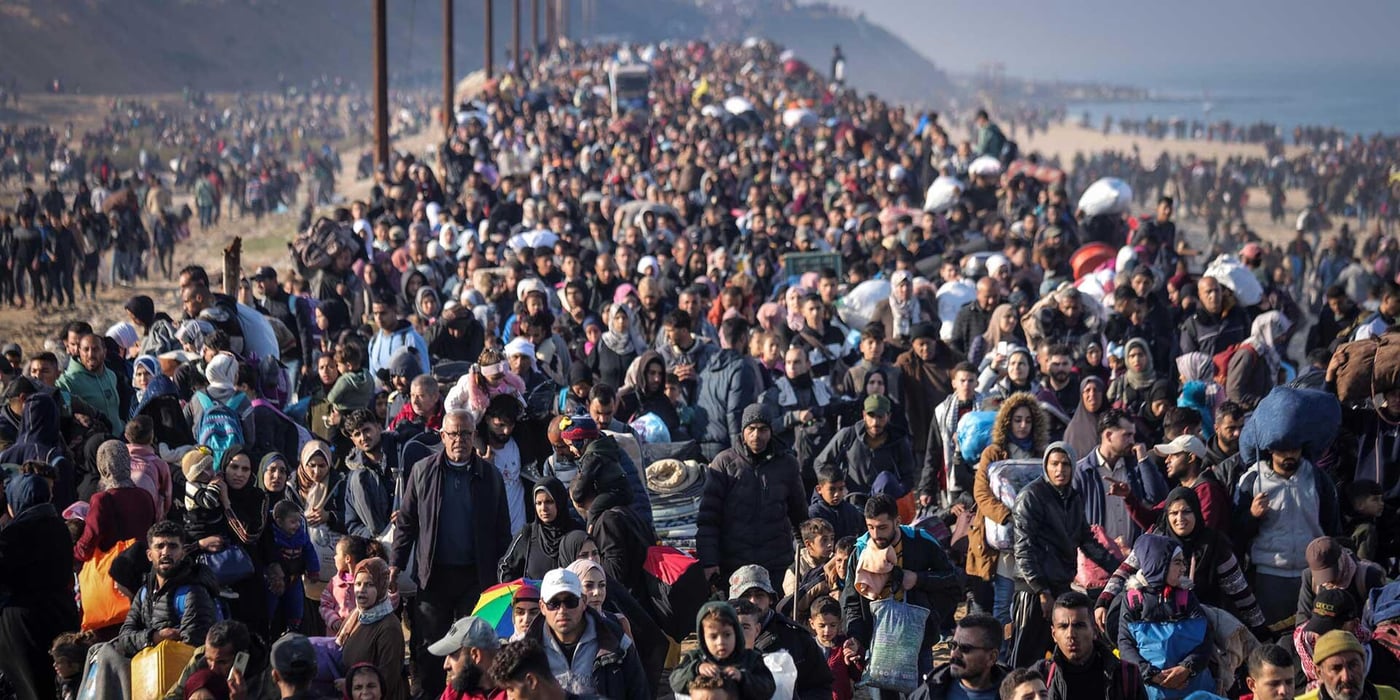
“The summit rightly committed to tackle root causes of displacement and to protect those who flee their homes, but now we need concrete steps to put these words into action,” said Odile Faye, coordinator of the MADE Africa steering committee.
The summit’s Action Plan is weak on the long-standing demand from aid agencies, UNHCR and civil society groups to open more safe and legal routes to Europe, the organisations said. These include a substantial increase in resettlement, humanitarian visas, extended family reunifications, sponsorship programs and educational scholarships for those at risk.
In Valletta, EU member states agreed to implement their earlier commitment to resettle 22,000 people in need of protection in the EU. This is welcome but should have already occurred, and the number should be increased, the organisations said.
The decision by EU and African leaders to establish a pilot migrants and refugees reception centre in Agadez, Niger raises concerns about unfair restrictions on the movement of people and goods in the Economic Community of West African States (ECOWAS), NRC and MADE said. It also risks the “externalisation” of EU migration and asylum policy, which relies on other states to assume Europe’s responsibilities.
The new EU Trust Fund to address stability and root causes of migration in Africa is welcome but also raises concerns. First, €1.8 billion is too little to address Africa’s vast development needs. Second, the funds may be used for law enforcement and border security rather than for development and poverty reduction.
“Development aid and the new fund should be used for schools, health care and poverty reduction and not for security and border control,” said Valerie Ceccherini, EU advocacy advisor at NRC.



